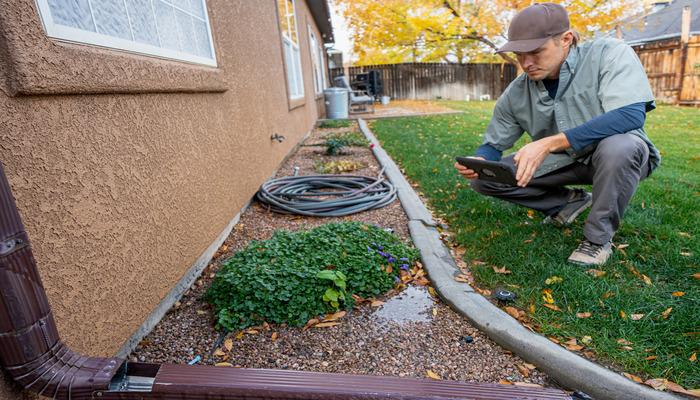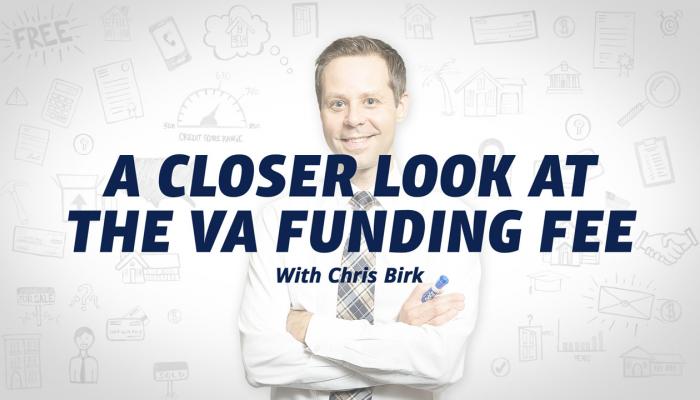For first-time homebuyers, the journey to homeownership can be filled with excitement and challenges. It's like stepping into a whole new world, so learning a few smart tips can really pay off. Whether you're just thinking about buying a home or are already on the house hunt, these tips can help you feel more prepared and confident as you take this exciting step.
1. Get Your Finances in Order
Taking your time and ensuring you're fully prepared for homeownership is key. When you apply for a mortgage, you're looking at a commitment that typically lasts either 15 or 30 years. Even if you don’t envision yourself staying in the same home for decades, purchasing a house is a significant decision that demands careful financial consideration.
Understand Your Credit Score
Knowing how your credit score impacts buying your first home is very important. This three-digit number is more than just a figure; it's a reflection of your financial history and reliability, directly influencing the mortgage terms lenders are willing to offer.
A higher credit score can unlock lower interest rates, making your dream home more affordable over the life of the loan. While a lower score may lead to higher interest rates or even difficulty in securing a mortgage. Take the time to review your credit report, rectify any inaccuracies and improve your score if necessary.
Most VA lenders require a minimum FICO score of 620. Veterans United currently requires a minimum median FICO Score of 620.
Save for Down Payment and Closing Costs
Although VA loans do not require a down payment, choosing to put money down can still have significant benefits. A down payment on a VA loan can help you build equity in your home from the outset, reducing the amount you need to borrow and subsequently lowering your monthly mortgage payments.
A down payment can also reduce the VA Funding Fee, a one-time fee that can be rolled into the loan amount. Additionally, having saved funds to cover closing costs—which include various fees and expenses associated with finalizing the mortgage—can alleviate last-minute financial stress, ensuring a smoother transition into homeownership.
2. Understand the Homebuying Process
Educating yourself on every step of the homebuying process—from mortgage preapproval to making an offer, the home inspection process, to closing day. This can clarify the experience and help you set realistic expectations.
Also, partnering with the right real estate agent, especially one experienced in guiding first-time buyers and knowledgeable about the local market, can make a significant difference. Veterans United Realty is a great option for first-time homebuyers, and you don’t have to be using a VA loan or Veterans United as a lender to use the service.
3. Prioritize Your Wish List
As a first-time homebuyer, crafting and prioritizing your homebuying wish list helps make informed decisions that align with your lifestyle and budget.
Distinguishing between the "must-haves" and "nice-to-haves" on your list can streamline your search and help you focus on properties that truly meet your essential needs. For example, the location might be non-negotiable due to work or school commitments, while a home office could be a flexible preference if there are other viable spaces.
By clearly understanding what you cannot live without versus what you can adjust or add later, you're better positioned to find a home that satisfies your most important needs.
Answer a few questions below to speak with a specialist about what your military service has earned you.
4. Be Prepared to Compromise
Entering the real estate market with a set of non-negotiables is normal, yet the reality of budget constraints and competitive markets often means that finding a home that checks every single box on your wishlist might not be feasible. Understanding and accepting that compromise is a part of the process allows for greater flexibility and opens up more possibilities that you might not have initially considered.
While you should be prepared for compromise, it's also crucial to know how to negotiate effectively. Properly negotiating your first home purchase can make a significant difference in terms of price, conditions and the overall value you receive. Developing a strong understanding of the market, being clear about your must-haves versus nice-to-haves, and working with a knowledgeable real estate agent can empower you in negotiations.
Remember, the goal is to strike a balance that meets your core needs while staying within your budget.
First-Time Home Buyers: Get Preapproved!
It's really important for first-time homebuyers to get preapproved for a mortgage before starting to look for homes. This step shows a seller you're serious and ready to buy a home. It makes your offer stand out, especially if there are a lot of people trying to buy the same house.
Getting preapproved also helps you understand exactly how much you can spend, which means you can look for houses that are in your price range, avoiding the disappointment of falling in love with a home that’s too expensive. Talk to a Veterans United VA loan expert today about your mortgage options.
Veterans United also has a VA homebuyer education and resources page to help you with any questions along the way!
» CALCULATE: Calculate your VA Loan savings
Related Posts
-
 VA Appraisal RequirementsExplore everything a homebuyer needs to know about the VA appraisal, including the process, property requirements, pitfalls, termite inspections, water quality checks, appraisal fees, challenging a low appraisal and the differences between the VA appraisal and a home inspection.
VA Appraisal RequirementsExplore everything a homebuyer needs to know about the VA appraisal, including the process, property requirements, pitfalls, termite inspections, water quality checks, appraisal fees, challenging a low appraisal and the differences between the VA appraisal and a home inspection. -
 2024 VA Funding Fee: Complete Explainer with Charts and ExemptionsThe VA funding fee is a governmental fee required for many VA borrowers. However, some Veterans are exempt, and the fee varies by VA loan usage and other factors. Here we explore the ins and outs of the VA funding fee, current charts, who's exempt and a handful of unique scenarios.
2024 VA Funding Fee: Complete Explainer with Charts and ExemptionsThe VA funding fee is a governmental fee required for many VA borrowers. However, some Veterans are exempt, and the fee varies by VA loan usage and other factors. Here we explore the ins and outs of the VA funding fee, current charts, who's exempt and a handful of unique scenarios.


